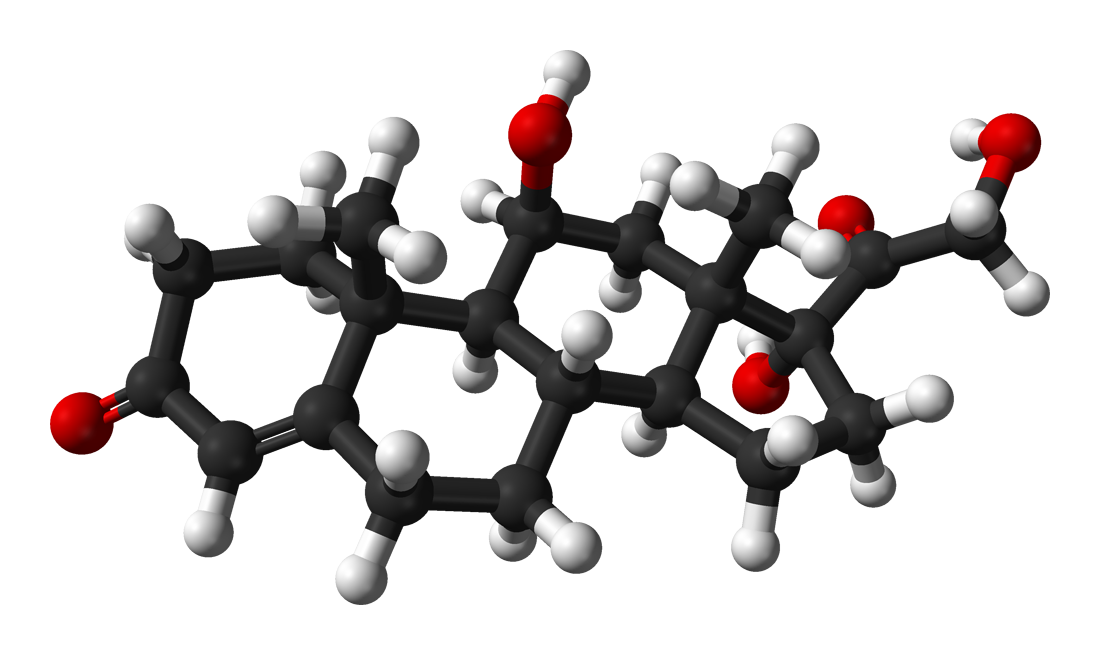| name | Hydrocortisone |
| Classification | Glucocorticoid, Corticosteroid |
| Pharmacokinetics | Hydrocortisone is rapidly absorbed from various routes (oral, topical, intramuscular). Its bioavailability varies depending on the route. It is extensively metabolized in the liver and excreted primarily in the urine. The half-life is relatively short, which necessitates frequent dosing for systemic effects. Absorption, distribution, metabolism, and excretion (ADME) can vary among individuals. |
| suggested dosage | Dosage of hydrocortisone is highly variable based on the specific indication and route of administration. A 25-year-old male weighing 70kg would require a significantly lower dosage compared to a patient with adrenal insufficiency or other serious conditions. It is crucial to consult with a physician for appropriate dosage and duration. Oral hydrocortisone is typically given in divided doses throughout the day to mimic the natural cortisol rhythm. |
| indications | | 1 | Addison's disease | | 2 | Allergic reactions (severe) | | 3 | Certain skin conditions (e.g., eczema, psoriasis) | | 4 | Rheumatoid arthritis and other inflammatory conditions | | 5 | Eye inflammations (certain conditions) | | 6 | Multiple sclerosis (some cases) | | 7 | Some cancers |
|
| Safety in pregnancy | Hydrocortisone is generally considered safe during pregnancy, but high doses for prolonged periods may carry some risks. Consult a physician for personalized advice. |
| Safety in breastfeeding | Small amounts of hydrocortisone may be excreted in breast milk. A physician should evaluate if benefits outweigh potential risks. |
| side effects | | 1 | Cushing's syndrome (with long-term use) | | 2 | Osteoporosis | | 3 | Hyperglycemia | | 4 | Fluid retention | | 5 | Increased appetite | | 6 | Mood changes | | 7 | Changes in blood pressure | | 8 | Gastric irritation | | 9 | Infection risk | | 10 | Skin thinning | | 11 | Slow wound healing | | 12 | Growth retardation (in children) | | 13 | Suppression of the hypothalamic-pituitary-adrenal (HPA) axis |
|
| alternatives | |
| contraindications | | 1 | Known hypersensitivity to hydrocortisone | | 2 | Active infections (in certain cases) | | 3 | Myasthenia gravis (in some instances) | | 4 | Concurrent use of certain medications that could cause an adverse interaction |
|
| interactions | Hydrocortisone can interact with many medications, including certain anti-inflammatory drugs, antibiotics, and immunosuppressants. Specific interactions may necessitate dosage adjustments or alternative therapies. |
| warnings and precautions | | 1 | Gradually taper the dose when discontinuing long-term therapy to prevent adrenal crisis. | | 2 | Monitor for signs of Cushing's syndrome, especially with long-term use. | | 3 | Patients with diabetes or other co-morbidities need careful monitoring. | | 4 | Avoid abrupt discontinuation of the medication to prevent adrenal insufficiency. |
|
| additional informations | Hydrocortisone is available in various forms (oral, topical, injectable). The route and dosage form determine the specific effects and pharmacokinetics. Always consult with a medical professional for accurate dosing and usage guidelines for any individual. |
| patient profile | |

